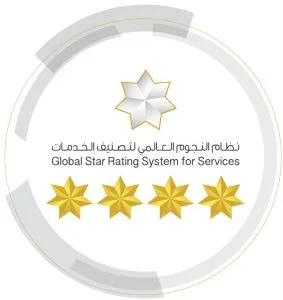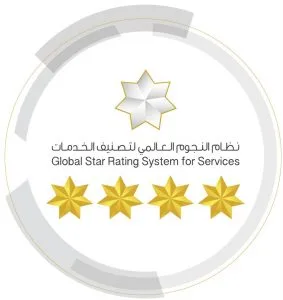19/05/2013
Many of government and private entities in different domains are not worried much about topics such as information security and cyber crime. This might be because of the fear workers and supervisors in this field feel when they think of hackers and those who might threaten, destroy or manipulate data and secrets inside their fortresses.
This fear seems logical in light of hundreds of incidents that happen every day around the world where hackers behind computer screen reach anywhere in the world. Authorities and entities in different domains remain in a race to face these challenges. It is a never ending battle as long as its field is the spacious cyberspace that is open to all human beings.
It is no doubt that cyber crimes have become a reality of undesirable repercussions from personal moral and social damage and its destruction of societal trust among people, to destabilization of security and stability up to the threat to economies of large enterprises or even countries and the effect of that on the global economy. There is a direct relation between development in the computer field and the increasing numbers of cyber crimes.
Cyber crimes vary between physical crimes such as stealing ATM machines to email messages asking for help in releasing money confiscated in foreign countries with a promise of a percentage from the amount, to messages telling the email account holders that they have won prizes and asking for their bank account details. Another type has a cultural side where the criminal steals the intellectual property rights and ascribes them to himself without the victim’s consent. These crimes are added to the political, economic and sexual crimes that spread extremism and looseness across the World Wide Web.
It is no doubt that the technological advancements in the UAE have affirmed the need to set laws to combat these crimes and safeguard against the manipulation of privacies or taking advantages of others’ physical or intellectual rights.
His Highness SheikhKhalifa bin Zayed Al Nahyan, President of the UAE, issued a federal law regarding the combat of cyber crimes including many articles which offer legal protection for the privacy of what is published on the World Wide Web.
His Highness Sheikh Hamdan bin Mohammed bin Rashid Al Maktoum, Crown Prince of Dubai, and Chairman of the Executive Council, issued a decision regarding information security in Dubai Government aiming at developing an integrated strategy and a unified policy for information security and its systems related to the local government of the emirate.
One of the efforts that in the same direction is the international conferences hosted by the UAE, which gather key figures in cyber protection worldwide to exchange views and study ways to develop mechanisms that achieve top levels of information security, including the expected Gulf Information Security Expo & Conference that will be held in Dubai from 3 – 5 June 2013. It will be the largest event, in this regard, in the region.
However, we must highlight an important factor related to this kind of crimes that is self-awareness and raising one’s personal carefulness when using the Internet and other modern technologies. We all should have a degree of security culture that is enough to limit the access for those who want to reach secrets or important data that will harm their owners. In many cases, this only requires paying attention when adding sensitive information, using a more complicated password, using anti-virus programs and encrypting the most sensitive files. We should also refrain from making important financial transactions through public networks because they’re easy to hack. Extra precaution should be given when we reveal our electronic identities and personal information which should be used on trusted websites only.



